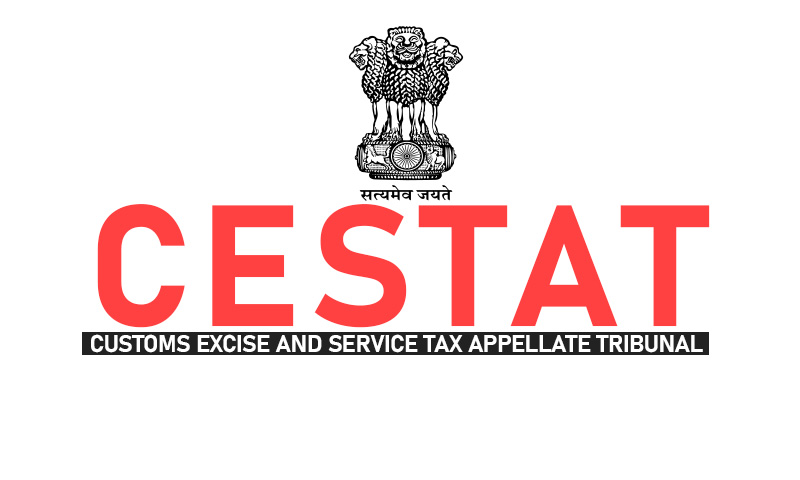- Home
- /
- News Updates
- /
- CESTAT Allows Cenvat Credit On The...
CESTAT Allows Cenvat Credit On The Capital Goods
Mariya Paliwala
14 July 2022 3:00 PM IST
The Customs, Excise and Service Tax Appellate Tribunal (CESTAT), consisting of Anil Choudhary (Judicial Member), has allowed the cenvat credit on the capital goods, as their finished goods falling under CTH 68109990 are dutiable under the Central Excise Tariff Act.The appellant is engaged in the manufacturing of RCC pipes, taxable under chapter heading no. 68109990 of the CETA. The...
Next Story



